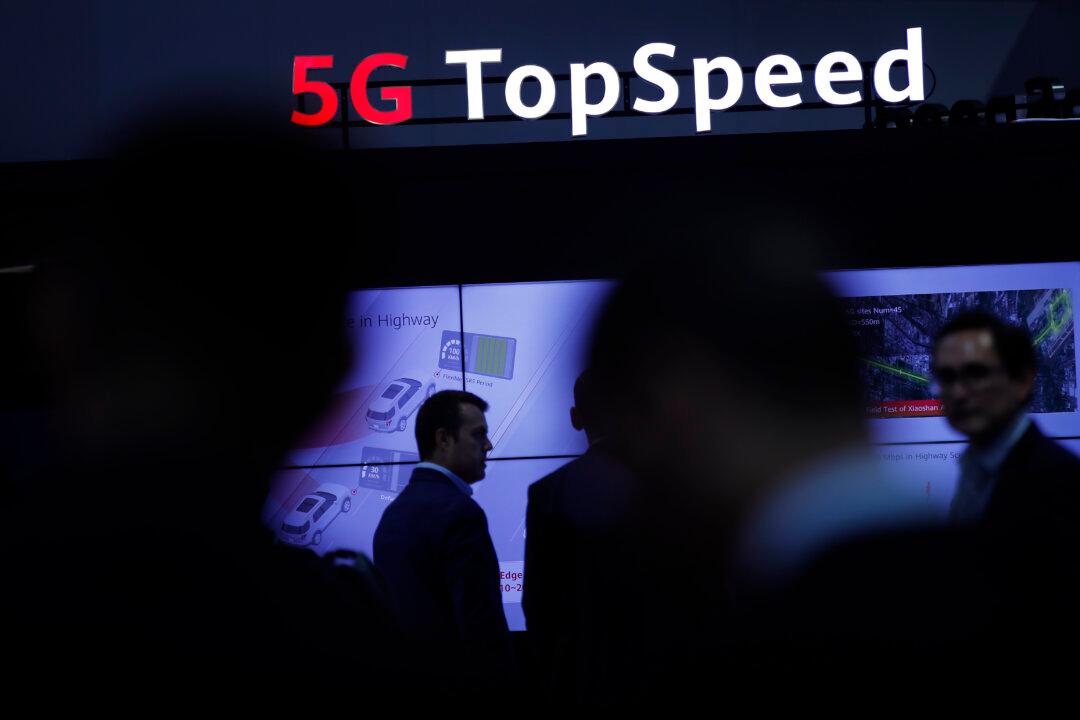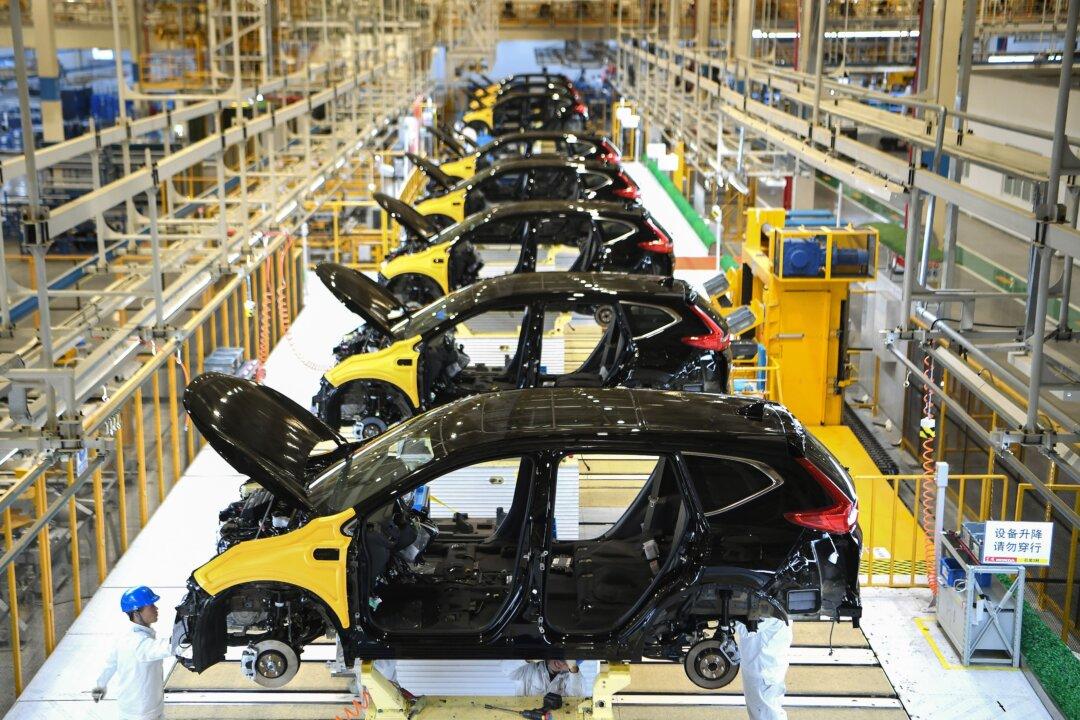Strand Consult published a detailed report which discredits claims that banning 5G products from Chinese telecom firms Huawei and ZTE would cost the European Union $62 billion more, and delay 5G rollout.
The new report, titled “The Real Cost to Rip and Replace Chinese Equipment in Telecom Networks,” responded to a June 2019 analysis by the Global System for Mobile Association (GSMA), a global trade lobby group representing 800 mobile operators and 300 supplier companies. GSMA claimed banning telecoms equipment from China’s state-controlled Huawei and ZTE would add an additional $62 billion in cost and delay for an extra 18 months the deployment of 5G networks in Europe.





